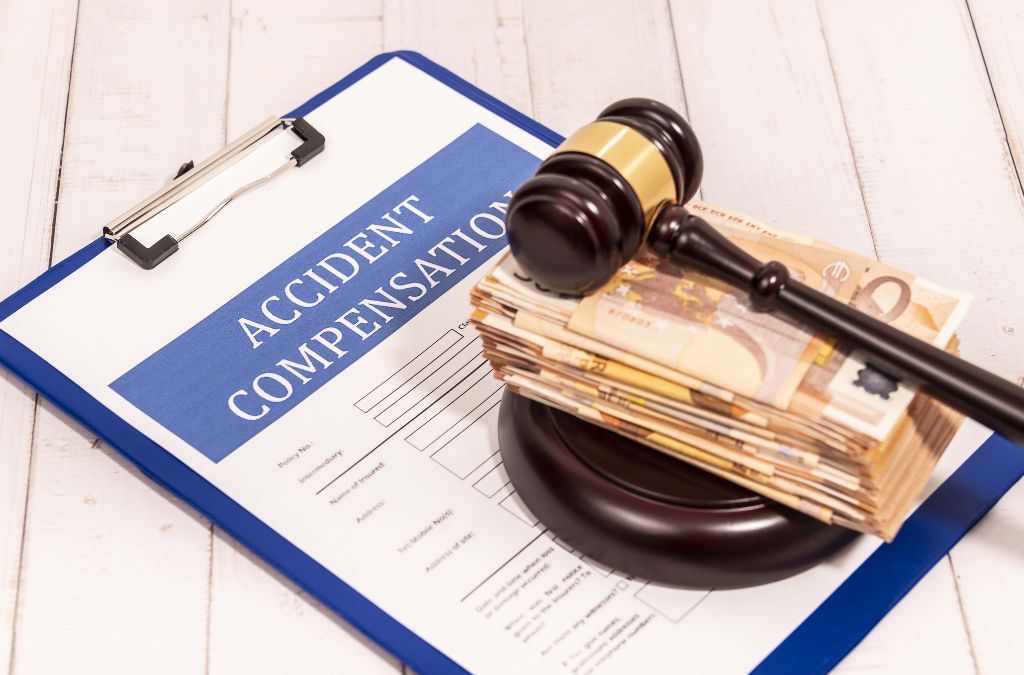
-
Table of Contents
Personal Injury Lawyer: Advocating for Your Rights and Recovery
Personal injury lawyers play a pivotal role in helping individuals navigate the complexities of legal claims following accidents or injuries. Their expertise ensures that victims receive the compensation they deserve, allowing them to focus on recovery. This article explores the various aspects of personal injury law, the responsibilities of a personal injury lawyer, and the benefits of hiring one.
Understanding Personal Injury Law
Personal injury law encompasses legal disputes that arise when one person suffers harm from an accident or injury, and someone else might be legally responsible for that harm. These cases can involve:
- Car accidents
- Medical malpractice
- Workplace injuries
- Slip and fall accidents
- Product liability
The goal of personal injury law is to provide financial compensation to the injured party, covering medical expenses, lost wages, and other related costs.
The Role of a Personal Injury Lawyer
A personal injury lawyer offers legal representation to individuals who claim to have been injured, physically or psychologically, as a result of the negligence or wrongdoing of another person, company, government agency, or entity. Their responsibilities include:
- Investigating claims
- Gathering evidence
- Negotiating with insurance companies
- Representing clients in court
- Advising clients on legal options
By handling these tasks, personal injury lawyers help ensure that their clients receive fair compensation for their injuries.
Benefits of Hiring a Personal Injury Lawyer
Engaging a personal injury lawyer offers several advantages:
- Expertise: Personal injury lawyers have specialized knowledge of the law and can navigate the legal system effectively.
- Negotiation Skills: They are skilled negotiators who can secure better settlements from insurance companies.
- Objectivity: Lawyers provide an objective perspective, helping clients make informed decisions.
- Resources: They have access to medical experts and investigators who can strengthen a case.
- No Upfront Fees: Many personal injury lawyers work on a contingency fee basis, meaning clients pay only if they win the case.
Case Studies and Examples
Consider the case of Jane Doe, who was involved in a severe car accident. She suffered multiple injuries and faced mounting medical bills. By hiring a personal injury lawyer, Jane was able to secure a settlement that covered her medical expenses, lost wages, and pain and suffering. Without legal representation, she might have struggled to receive fair compensation.
Another example is John Smith, who experienced a workplace injury due to unsafe conditions. His personal injury lawyer helped him file a claim against his employer, resulting in a settlement that provided financial support during his recovery period.
Statistics on Personal Injury Cases
Statistics highlight the importance of personal injury lawyers:
- According to the National Center for Health Statistics, approximately 31 million people are injured across the United States each year.
- The Insurance Research Council reports that settlements for personal injury claims are 3.5 times higher for those who hire a lawyer compared to those who do not.
- The Bureau of Justice Statistics indicates that 60% of tort cases involve personal injury claims.
These figures underscore the significant impact that personal injury lawyers can have on the outcomes of legal claims.
Choosing the Right Personal Injury Lawyer
When selecting a personal injury lawyer, consider the following factors:
- Experience: Look for a lawyer with a proven track record in handling personal injury cases.
- Reputation: Research reviews and testimonials from previous clients.
- Communication: Choose a lawyer who communicates clearly and keeps you informed throughout the process.
- Resources: Ensure the lawyer has access to the necessary resources to build a strong case.
- Fees: Understand the fee structure and any potential costs involved.
By considering these factors, you can find a lawyer who will effectively advocate for your rights and recovery.
Conclusion
Personal injury lawyers are essential advocates for individuals who have suffered harm due to the negligence of others. Their expertise, negotiation skills, and resources can significantly impact the outcome of a case, ensuring that victims receive the compensation they deserve. By understanding the role of a personal injury lawyer and the benefits of hiring one, individuals can make informed decisions and focus on their recovery.